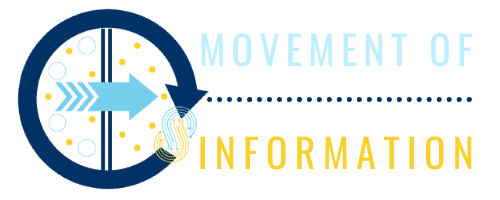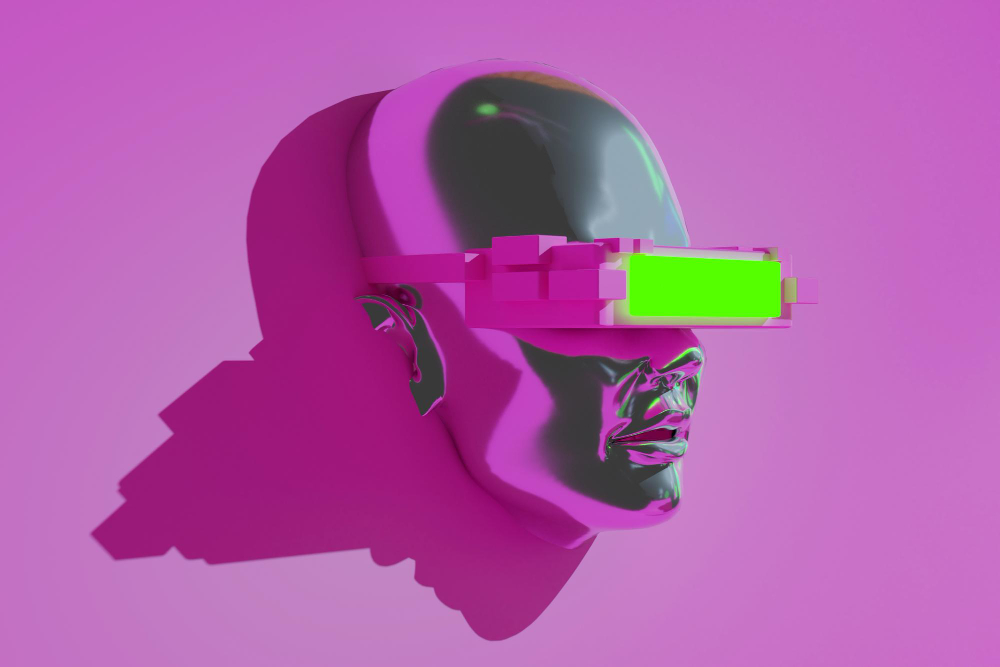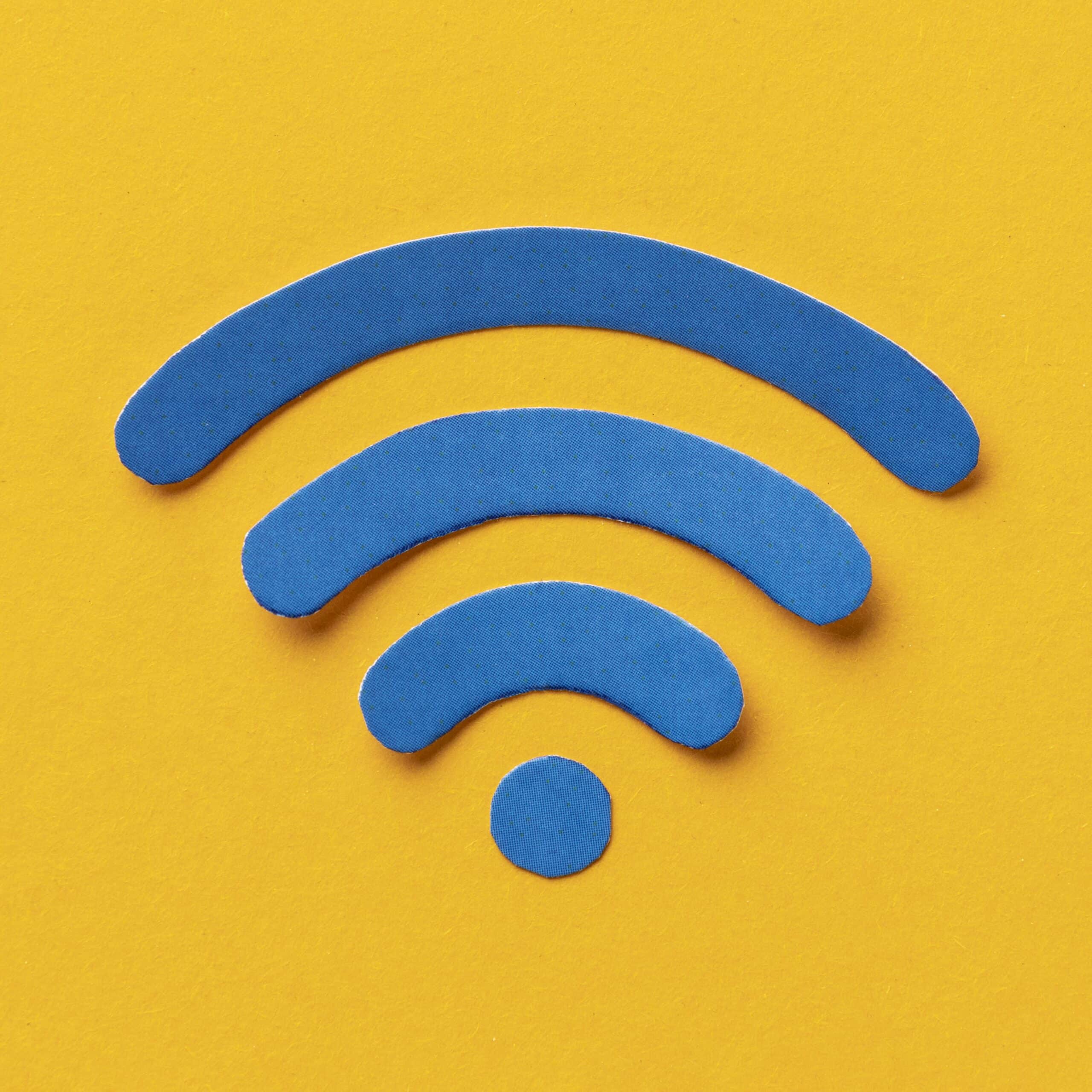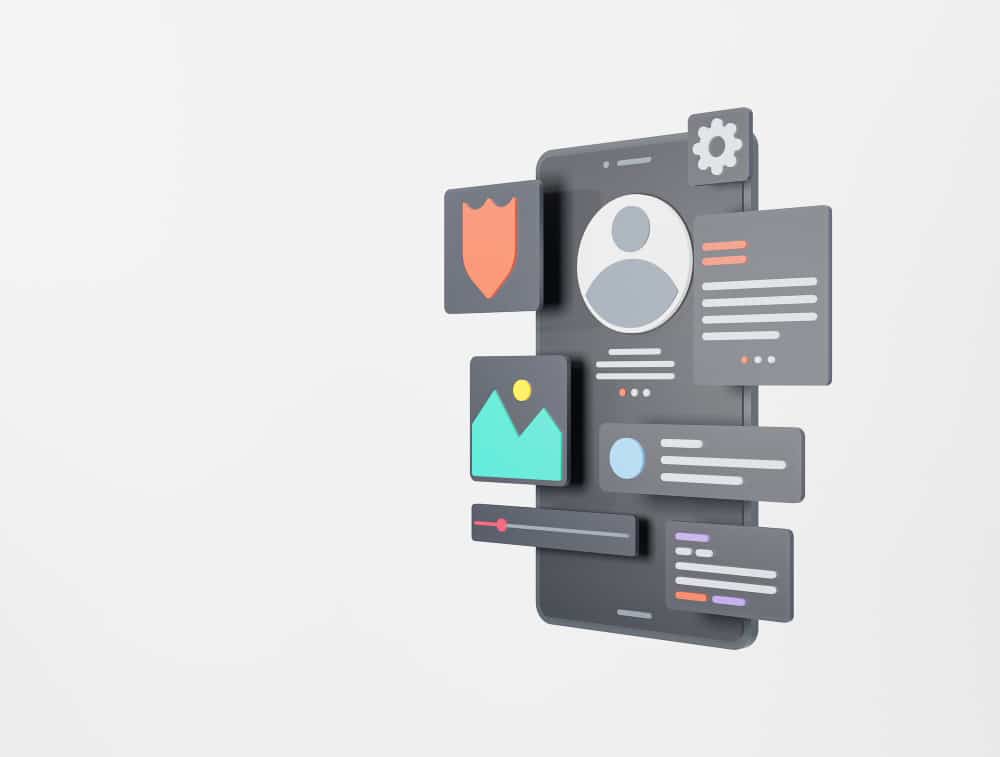In the realm of recruitment, Artificial Intelligence (AI) isn’t just a passing fad. It’s carving out a substantial role for itself, transforming the landscape in ways that were unimaginable a few decades ago.

This change isn’t limited to just the recruiters; it extends to the applicants as well. The question arises: What is the psychological impact of AI recruiting software on these applicants? And how does healthcare recruitment software and an fit into this narrative?
“AI in recruitment: A double-edged sword?”
AI has permeated various spheres of recruitment, from initial resume screening to scheduling interviews and providing feedback, everything comes under recruitment applicant tracking system. It’s like having a super-efficient assistant who doesn’t need sleep or coffee breaks. While it’s a boon for recruiters, for applicants, it’s a mixed bag.
Interacting with an AI might feel impersonal, even intimidating, for some applicants. The lack of human contact can create an aura of uncertainty, which can heighten the already stressful process of job hunting. On the flip side, an AI eliminates human biases, which might lead to a fairer selection process.
“The impact on applicants: The good, the bad, and the complex”
Let’s talk about the good first. AI can speed up the recruitment process significantly. No more waiting weeks for a response, or worse, never hearing back. The rapid response time can ease the applicants’ anxiety and provide a sense of closure, which is essential for their psychological wellbeing.
Healthcare recruitment software is a great example of this benefit. With the healthcare industry’s high-demand nature, such software can quickly match applicants with relevant opportunities, saving them the stress and uncertainty of prolonged job searches.
Now, let’s address the elephant in the room – the potential negatives. The primary issue is the fear of dehumanization. With an AI software reviewing applications, the process can feel impersonal and robotic. There’s also a concern that AI might fail to grasp the nuanced details in an applicant’s profile, details that a human recruiter might pick up on.
Finally, the impact of AI on applicants isn’t just black and white; there’s a shade of grey – the complexity of understanding AI decisions. While AI can eliminate human bias, its decision-making process is based on algorithms that might not be transparent, leading to a lack of understanding and increased anxiety among applicants.
“ATS Systems List: A shining light in the AI recruitment space”
Amid the potential psychological impacts, there are tools that help alleviate the stress and uncertainty. ATS systems list, which stands for Applicant Tracking Systems, provides a ray of hope. These systems streamline the application process, offering transparency to applicants. They track the applicant’s progress, giving them a clear idea of where they stand, thus reducing uncertainty and stress.
“Human touch in AI: The ultimate balancing act”
The future of AI in recruitment doesn’t have to be a choice between efficiency and psychological wellbeing. The ultimate goal is a harmonious co-existence of both. It’s about leveraging the efficiency of AI while retaining the human touch in communication. Remember, at the end of the day, recruitment is not just about filling positions; it’s about building relationships and creating a positive experience, irrespective of the outcome.
In conclusion, while AI recruiting software has its psychological impacts on applicants, the future lies in striking a balance. By maintaining transparency, empathy, and communication, we can ensure that the power of AI is harnessed to create a positive, less stressful experience for applicants, marking the dawn of a new era in recruitment.








